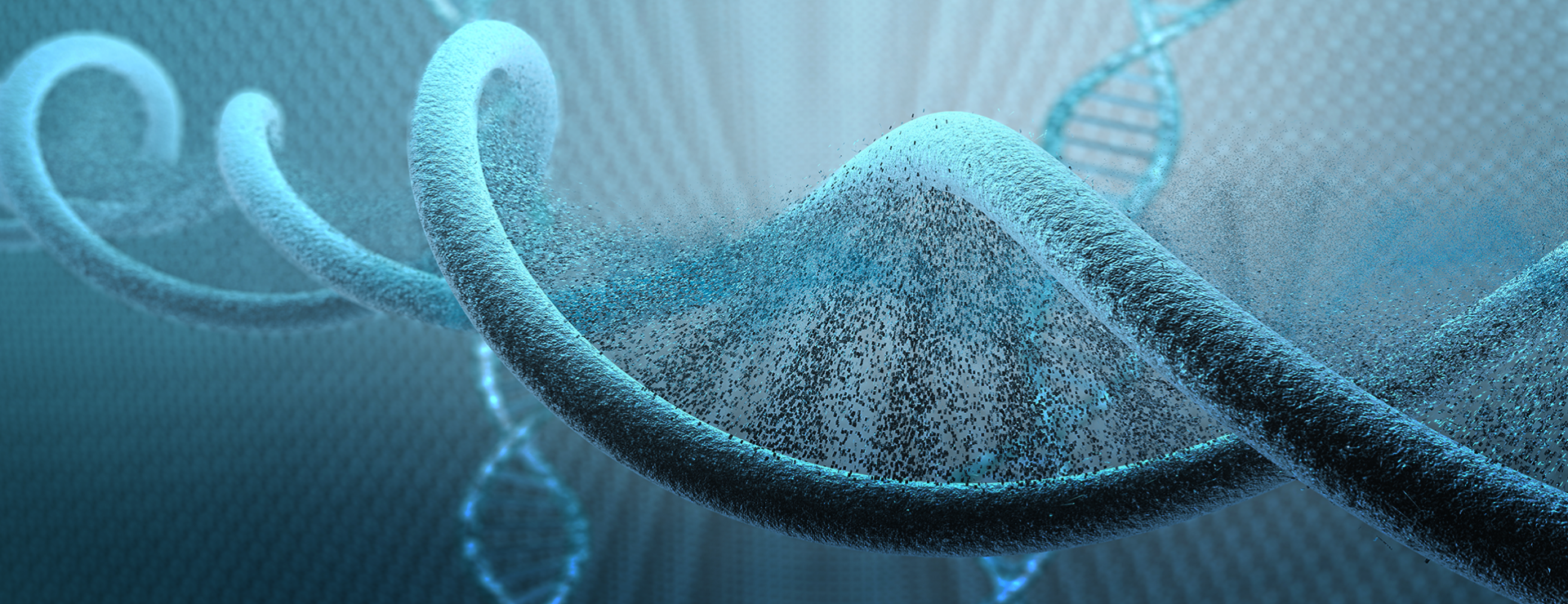
GABRR1
Facebook Support Group
Guide to Pharmacology
Share Your Story
What Is GABRR1
GABRR1 stands for Gamma-Aminobutyric Acid Type A Receptor Subunit Rho 1. It is a gene that provides instructions for creating a protein called a subunit, which is a building block of a specific type of receptor called the GABAᴀ receptor.
The GABAᴀ receptor plays an essential role in the brain by helping to regulate the transmission of signals between nerve cells. It is part of a complex network involved in inhibitory neurotransmission, which means it helps to calm or inhibit the activity of nerve cells. Read More
Symptoms of GABRR1?
Research on the role of GABRR1 in various conditions is still ongoing, and the exact impact of GABRR1 mutations on an individual’s health can vary.
However, mutations in genes related to the GABAᴀ receptor system, including GABRR1, have been implicated in certain neurological conditions and disorders. These conditions can include epilepsy, intellectual disability, developmental delay, and potentially other neurodevelopmental disorders.
- Intellectual Disability: GABRR1 is a gene that plays a role in brain development and function. When there is a mutation or alteration in the GABRR1 gene, it can lead to intellectual disability. The exact way in which these mutations affect intellectual functioning is not fully understood, but they can disrupt the normal functioning of the brain and its communication networks. Intellectual disability refers to a condition where a person has significant limitations in their intellectual functioning and adaptive skills. It is often present from early childhood and affects a person’s ability to learn, think, and solve problems. In simple terms, if there is a problem with the GABRR1 gene, it can cause difficulties with learning, understanding information, and adapting to new situations. It may affect a person’s ability to communicate, solve problems, and perform everyday tasks. It’s important to note that intellectual disability can vary in severity, with some individuals experiencing milder impairments and others facing more significant challenges.
- Epilepsy: When there is a mutation in the GABRR1 gene, it can disrupt the normal functioning of GABA receptors. This disruption can lead to an imbalance in the brain’s electrical activity, making neurons more excitable and prone to abnormal bursts of activity. These bursts can manifest as seizures, which are sudden and uncontrolled electrical disturbances in the brain.It’s important to note that epilepsy caused by a GABRR1 mutation is just one possible cause among many. Epilepsy is a complex condition with different underlying mechanisms and genetic factors. Treatment for epilepsy usually involves medications that help regulate brain activity and prevent seizures, and in some cases, other interventions like surgery may be considered.
- Developmental delay refers to a condition where a child does not reach developmental milestones at the expected age. In some cases, a genetic mutation in the GABRR1 gene can be a potential cause of developmental delay. The altered GABA receptor function can interfere with the normal development and maturation of the brain. This can result in delays in various areas of development, such as motor skills, language and speech, cognitive abilities, and social and emotional development. It’s important to note that developmental delay caused by a GABRR1 mutation is just one potential cause among many. Developmental delay is a complex condition with various genetic and environmental factors at play. Early intervention, including therapies and educational support, is typically recommended to address developmental delays and help children reach their full potential.
It’s important to note that symptoms can vary widely among individuals, even if they share the same genetic mutation. The specific symptoms associated with GABRR1 mutations can be influenced by factors such as the specific type of mutation, its location, and the overall genetic makeup of the individual.
If you or someone you know has concerns about potential genetic conditions or symptoms, it is recommended to consult with a healthcare professional or a geneticist who can provide more personalized information and guidance based on the individual’s specific genetic profile and clinical presentation. They will be better equipped to provide the most up-to-date and accurate information regarding symptoms and associated conditions related to GABRR1.
Disclaimer: It is important to note that our understanding of GABA A Variants and their associated symptoms is an ongoing area of research. As of now, there may still be limited information available regarding the specific symptoms and implications of these genetic variations. It is recommended to consult with healthcare professionals or genetic specialists, and stay updated with the latest scientific research, as ongoing studies and advancements may provide further insights into GABA A Variants and their related symptoms.
Cure GABA A Variants non-profit and cureGABAa.org does not provide medical advice. It is intended for informational purposes only. It is not a substitute for professional medical advice, diagnosis or treatment. It does not diagnose, it produces a ranked list of suspected genes which provide assistance for rare hereditary disease cases. Patients should discuss their findings with their healthcare provider. Cure GABA A Variants does not intend to diagnose patients. It is providing information in order for patients to find and get better management of expert certified clinical assistance.

